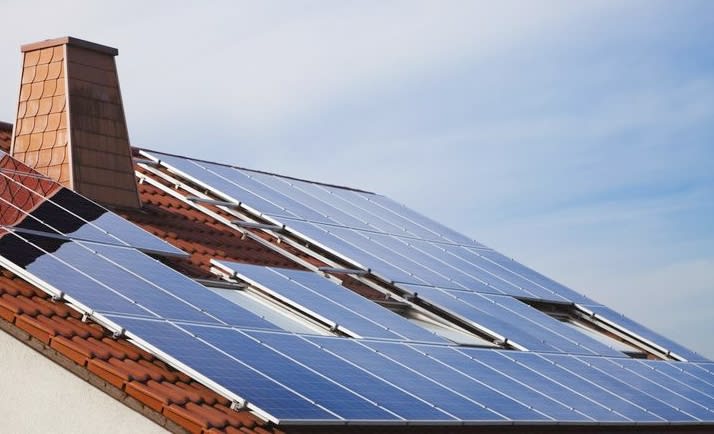
As a Realtor, I see many homes in Southern California being sold with solar panel systems. However, many buyers and sellers don’t necessarily understand how these systems are transferred when a home is sold. It is important to know when you’re making an offer or selling a home, how the solar is owned, and how it will be transferred once you buy or sell the home.
Owned Solar
Obviously if the solar is “owned” there is no issue with the transfer of the ownership. The owners can either sell it with the home or opt to take it with them. Your Realtor should specify this on the listing and/or purchase agreement.
Financed Solar
Solar panels purchased through traditional Financing: Much like financing a car or home, you own the panels, but instead of putting a lien on the panels they put a lien on the house just like a bank would with a second mortgage. Be careful of this because this will come up when you go to sell your home. When title is pulled, it will need to be cleared and paid off or transferred in order for the property to close. Buyers or sellers must be willing to either pay off the debt, or buyers must qualify with credit to take over payments.
Leased Solar
A vast majority of solar in homes are operating leases or PPA Leases. An operating lease is much like renting - payments are considered operational expenses and the asset being leased does not create a lien on your home. However, you don’t actually own the solar panels. There are advantages and disadvantages to this system.
The first and most obvious advantage of a solar lease is that you don't have to come up with much cash to pay the large upfront capital cost to buy a system. Often it is possible to get a zero down solar lease deal where your monthly repayments are lower than the amount you save on your utility bill, so you profit each month without ever making an investment. A second potential advantage of a lease is that sometimes there are maintenance issues with the solar panels, and as the lessee, you are not responsible.
There are big disadvantages too, especially when you go to sell. These are very similar to financed systems. The first disadvantage of a solar lease is that usually they are very long term contracts. You will be paying a monthly payment to the owner of the solar panels, for 15-25 years. A solar lease can also create challenges if you go to sell your property during this time. Usually a lessor will require that if you sell your house during the lease term that the buyer take over the solar lease and must qualify with credit. However, an issue could arise if a potential buyer does not wish to take over the lease, in this case the seller may be required to pay a termination fee to the leasing company.
All of these terms need to be taken into consideration when listing or making an offer on a home with solar panels.

